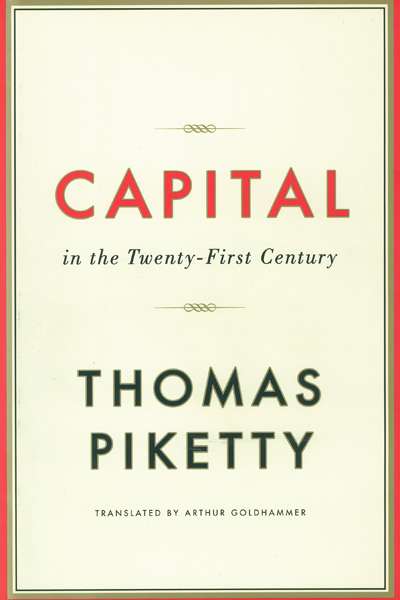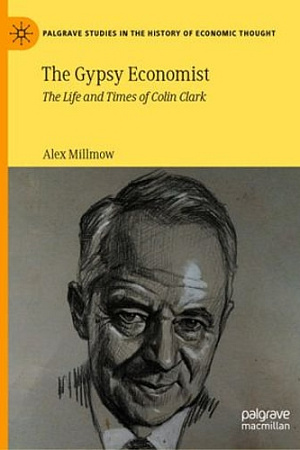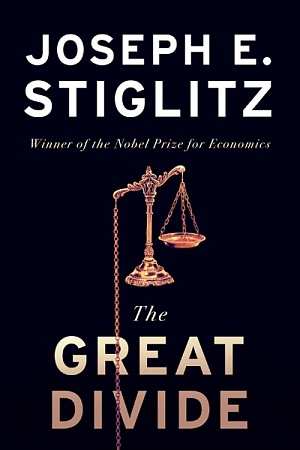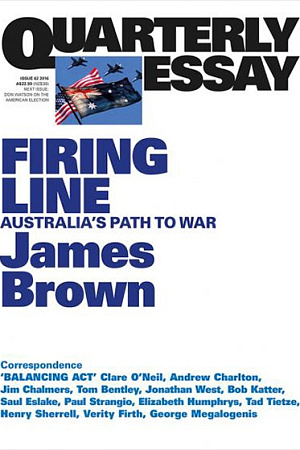Capital in the Twenty-first Century
Harvard University Press [Footprint Books], $59.95 hb, 692 pp
Piketty-land
Just over twenty years ago, an academic tome captured the West’s imagination. The End of History and the Last Man (1992) by Francis Fukuyama followed fast on the heels of the collapse of communism. Giving voice to the triumphalism and hope of the times, it became an immediate bestseller. History, Fukuyama argued, was over. This was because the West had won the long ideological battle over which configuration of political economy could best manage the twenty-first century, and beyond. Western-style free markets and liberal democracy would now spread across the world, creating stability and opportunity for all in their wake.
Two decades on and the narrative is at best frayed. Democracy is in retreat, as evidenced by the hardening anti-democratic line of Russia and China, as well as by a shift to quasi-authoritarianism by a number of newly minted democracies. Even within core Western polities, trust in and engagement with political leaders and parties are at record lows. This is particularly the case as liberal states engage in massive surveillance programs against their own citizens.
Continue reading for only $10 per month. Subscribe and gain full access to Australian Book Review. Already a subscriber? Sign in. If you need assistance, feel free to contact us.









